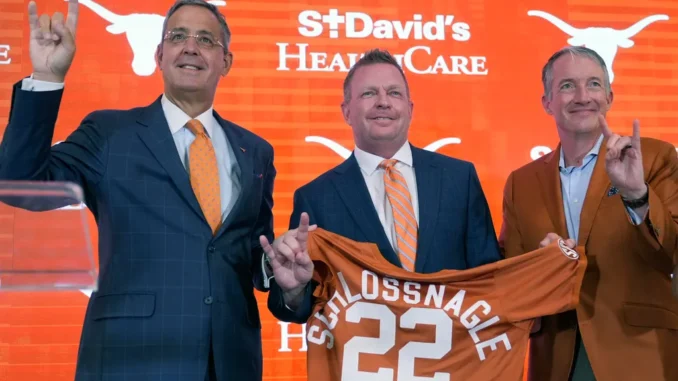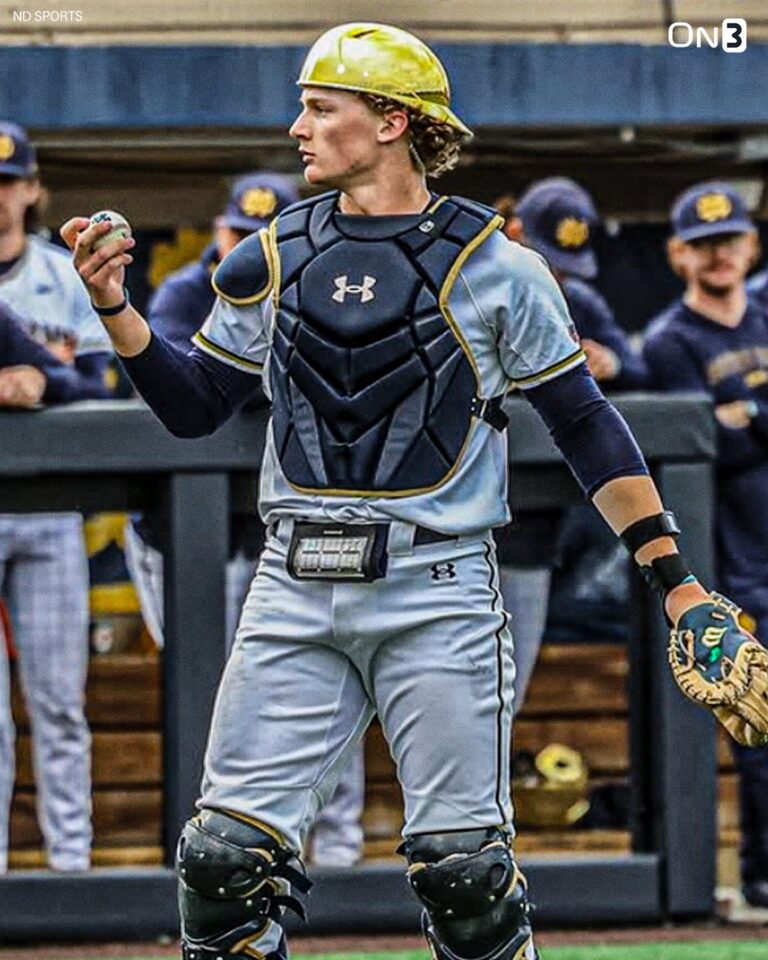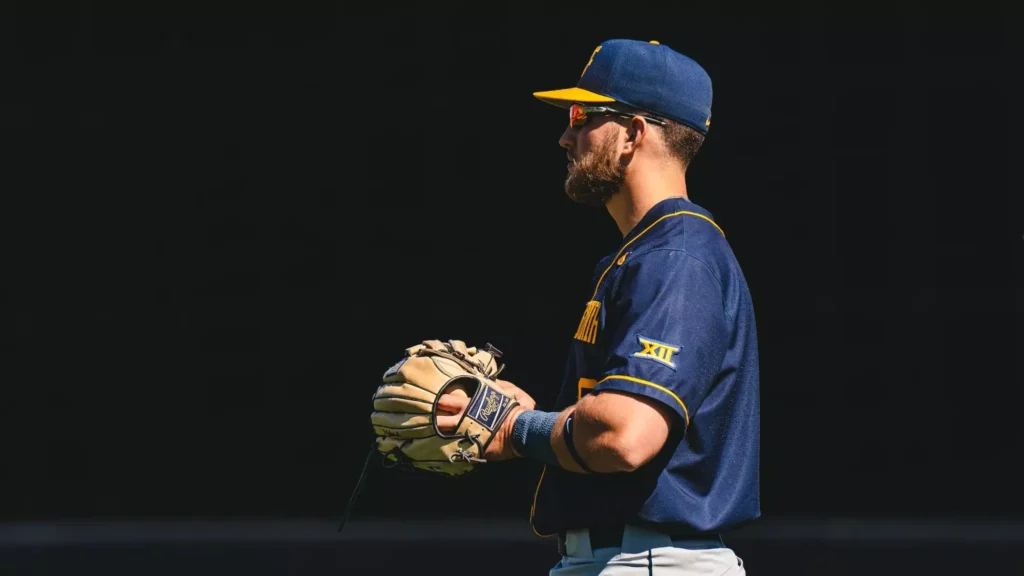
A Firestorm Ignites: WVU’s Jace Rinehart Announces Boycott of MLB Pride Night
MORGANTOWN, WV – In a move that has sent shockwaves through the sports world, Jace Rinehart, a prominent figure in the West Virginia University athletic community, has announced a personal boycott of Major League Baseball’s upcoming Pride Nights. Rinehart, known for his vocal leadership and unwavering convictions, made the announcement in a passionate statement that has ignited a fierce debate about the intersection of sports, social causes, and personal belief.
The controversy centers on a direct and unvarnished quote from Rinehart himself, which has quickly gone viral. “On the field, the focus should be baseball, not WOKE,” he declared, setting a clear line in the sand. His comments come as MLB teams across the country prepare to host their annual Pride Nights, celebrating the LGBTQ+ community. While many teams view these events as a symbol of inclusion, Rinehart’s stance has framed them as a political and social statement that he believes is inappropriate for the sports arena.
Rinehart, a standout athlete at WVU, has been celebrated not only for his performance but also for his deep spiritual convictions and his influence on his teammates. He is often looked to as a mentor and moral compass within the locker room, a role that has made his public statement even more impactful. His decision to speak out is seen by supporters as an act of courage and a defense of traditional values, while critics have condemned it as intolerant and divisive.
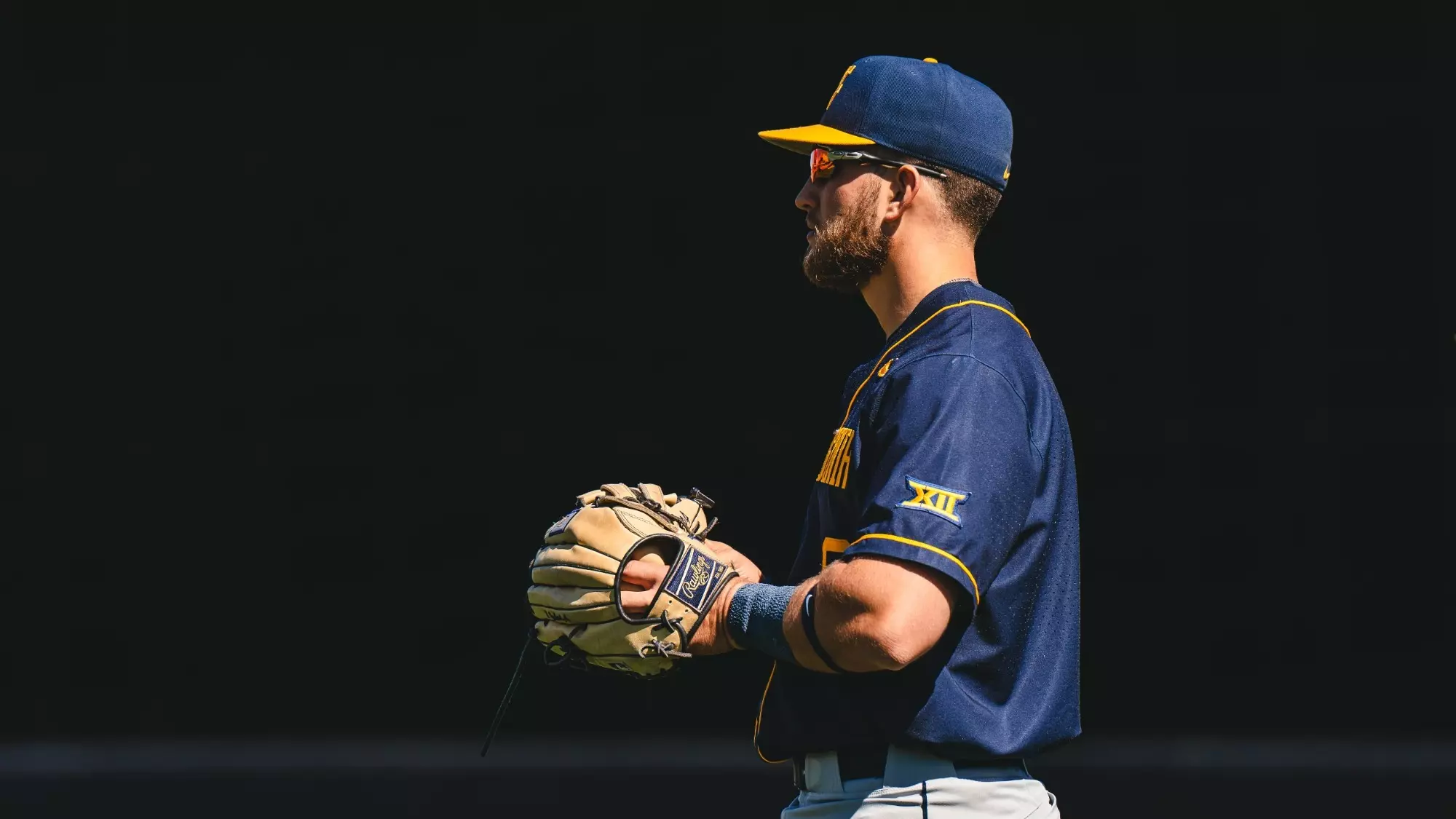
“My faith teaches me to love all people, but it also teaches me that there are truths that should not be compromised,” Rinehart stated. “I am not here to judge, but I am here to stand firm in my beliefs. I believe the essence of sports is pure competition and a shared love for the game. When that purity is mixed with political and social agendas, it creates division where there should be unity. My decision to not participate in these events is a matter of conscience, and I hope it encourages a larger conversation about keeping sports a place where everyone can come together without a social or political litmus test.”
The reaction has been swift and varied. Social media platforms have become a battleground, with supporters hailing Rinehart as a brave voice for common sense and traditional values. They argue that athletes should not be pressured to align with political movements and that sports should remain an escape from the cultural wars that are so prevalent in society. Many have expressed solidarity with his sentiment, saying that they, too, feel alienated by what they perceive as the politicization of professional leagues.
Conversely, his detractors have accused him of using his platform to promote intolerance. They argue that Pride Nights are not “political” but are a necessary step towards creating a truly inclusive environment for LGBTQ+ athletes and fans, who have historically been marginalized. Prominent LGBTQ+ sports advocacy groups have released statements condemning the boycott, labeling it as a harmful act that perpetuates bigotry and undermines the very spirit of acceptance.
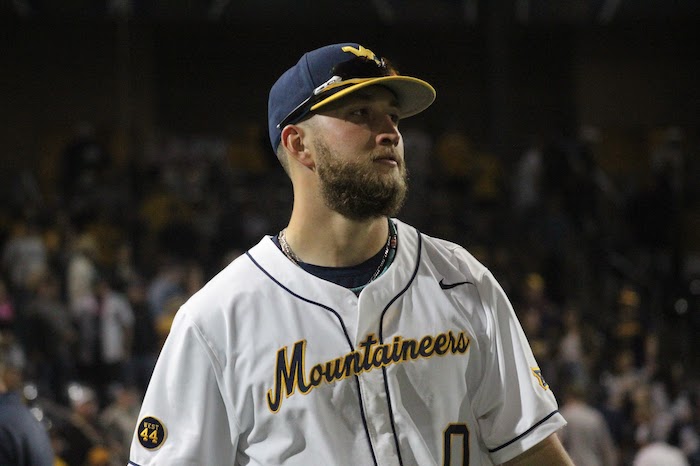
The fallout has extended beyond public opinion. West Virginia University has issued a carefully worded statement, acknowledging Rinehart’s right to personal expression while reaffirming the university’s commitment to diversity, equity, and inclusion. The statement emphasizes that Rinehart’s views do not represent the official stance of the athletic department, but it stops short of an outright condemnation, a decision that has itself drawn criticism from both sides of the debate.
This incident also brings to light the increasingly complex role of athletes in modern society. No longer confined to the field of play, athletes are expected to be role models, activists, and leaders, and their every word is scrutinized. Rinehart’s stance forces a broader discussion about whether an athlete’s personal convictions should be separate from their professional conduct, and whether sports organizations have a moral obligation to take a stand on social issues.

As the MLB Pride Nights approach, the spotlight will be on Rinehart and how his personal boycott is handled by his team and the league. The controversy has ensured that the issue will be a central topic of conversation, and the ripple effects are expected to be felt throughout the sports world. Regardless of where one stands on the issue, it is clear that Jace Rinehart’s words have opened a Pandora’s Box, challenging the very notion of what sports should represent in the 21st century. His boycott is not just a personal choice; it is a powerful statement that has forced everyone to confront their own beliefs about where the line should be drawn.

